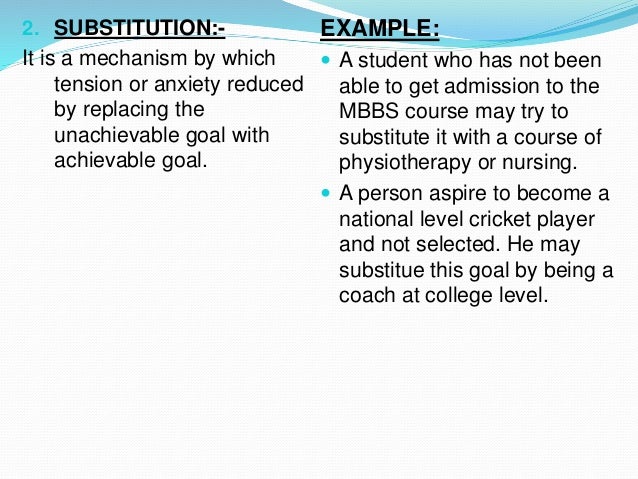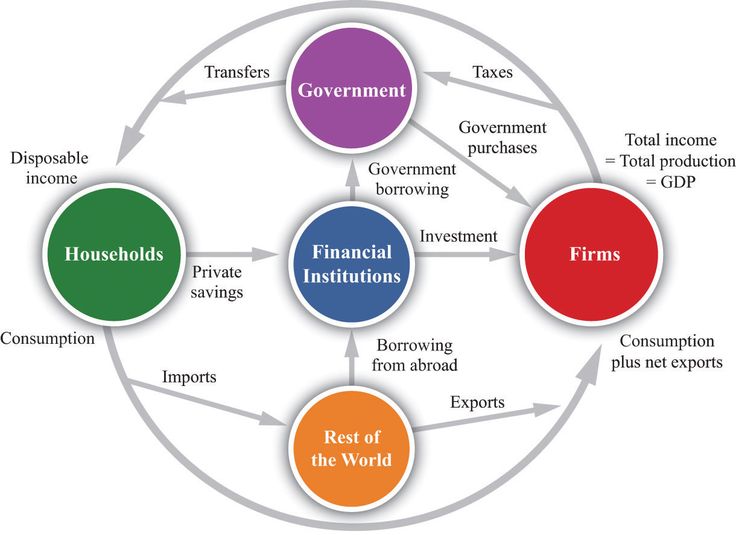How to stop being suspicious of my husband
What To Do if You Don't Trust Your Partner
Here are 8 ways to build trust in a relationship:1. Be open, acknowledge feelings & practice being vulnerable.
If you need reassurance from your partner, ask for it. If you’re feeling insecure, let them know. Invite them into knowing you, how they make you feel and how you want to make them feel. Be open about your hopes, fears and dreams.
2. Assume your partner has good intentions.
If they let you down, it may not be intentional –sometimes people simply make a mistake. Don’t immediately assume that they are out to get you, it’s okay to question their intentions but be open to accepting that it may be a simple mistake.
3. Be honest & communicate about key issues in your relationship.
Spend time every day checking-in, turning towards each other and reflecting on how things are. If there are issues in your relationship, don’t let them build, bring them into the light. Start small, speak from the “I” (I feel, I notice, I wonder) and have open starters.
4. Acknowledge how past hurts may trigger mistrust in the present.
Ask yourself: is my lack of trust due to my partner’s actions, my own insecurities, or both? Be aware of unresolved issues from your past relationships that may be triggering mistrust in the present.
5. Listen to your partner’s side of the story.
Look out of their window. Make space to ask: how did you see this situation? What is your perspective? How did it make you feel? How did you experience this?
6. Trust your intuition.
Have confidence in your own perceptions (as well as weighing them up against past experiences) and pay attention to red flags. If your gut is telling you something, don’t let it sit. Speak it. Ask that question. If you harbour it, it will grow like a thorn in the side of your relationship.
7. Practice repair after an argument.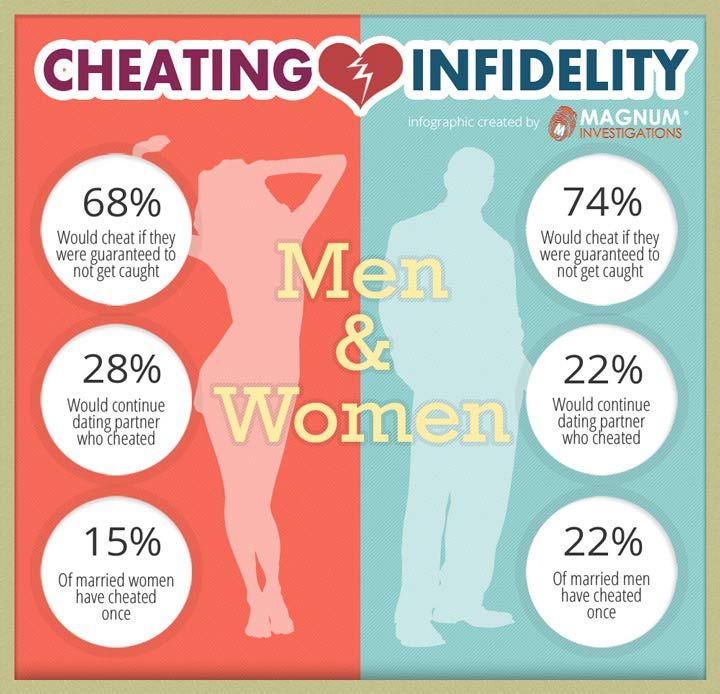
Take a short break if you feel overwhelmed or flooded and set a time to process what happened. This will give you both time to calm down and collect your thoughts so you can have a more meaningful dialogue with your partner.
8. Know that it is not needy to say what you need.
We get SO angry and frustrated with our partners when they do not meet our needs. But have you stopped to ask yourself: “have I made this need very clear? Have I let them know how they can meet it?” Our partners are not mind readers, more often than not: we have to teach them how to meet our needs.
The natural rhythm of relationships is to go from harmony to disharmony to repair and restoration. But lots of people get stuck in disharmony and push apart so hard that they can’t or won’t engage in repair. The goal is to move forward together, not to move backward.
If trust has been broken, there are steps you can take to repair:
- Set a time to talk and name the feelings you experienced due to the breach of trust without blame or criticism.

- Listening to your partner without judgment, and each of you describe your perspective and discuss any feelings that were triggered by the incident.
- Both of you assess how you contributed to the incident and hold yourselves accountable.
- Both apologise from a place of genuineness and accept the apologies.
- Develop a plan to prevent further breaches of trust from occurring.
How to Stop Being Paranoid in a Relationship: 10 Simple Steps
In This Article
It’s happening again: your unhealthy relationship behavior patterns are ramping up.
You are starting to feel insecure, doubtful about your partner, and paranoid.
You wonder if they really are in love with you.
You start interpreting their actions as signs that they will leave you – a text that they didn’t answer right away, an evening where you sensed something was just “off” with them, a suspicion—unfounded but present nonetheless—that he might be seeing another woman.
Does this anxiety and paranoia in relationships sound familiar? Do you recognize this pattern in yourself?
If so, know that you can be helped.
Let us learn how to stop being paranoid in a relationship.
Anxiety and relationships are intertwinedThere are moments when these go hand in hand.
But most people sail through these moments, dealing with anxiety using positive self-messages, good communication techniques, and reaching out for professional help if they sense it is needed.
On the other side are those of us who exhibit extreme anxiety in our relationships, both love relationships as well as professional ones.
Why is it that some people can manage these moments of paranoia and anxiety, and others remain stuck in a self-defeating pattern?
Causes of relationship paranoiaWhat are some reasons why you experience relationship paranoia? Once you have figured out the causes and impact of relationship paranoia, it would be easier to know how to stop being paranoid in a relationship.
So much of your past will dictate how you react in the future.
Suppose you experienced trauma in a previous relationship or your childhood and haven’t done the tough but necessary psychological work to free yourself from the effects of this trauma. In that case, you will likely carry this over to future relationships.
It is nearly impossible to overcome trust issues if you don’t deal with them head-on.
Let’s say your previous partner was unfaithful in the relationship. Let’s say he hid his extramarital affairs for years until one day he got caught.
It would be normal for you to exhibit trust issues in subsequent relationships because you lived for years with someone you thought was trustworthy but who turned out to be living a double life.
2. Low self-esteemIf you struggle with a low sense of self, you are likely to feel paranoid in the relationship. You might think your partner is too good for you or that they can always find someone better than you. In that case, you will always be paranoid about them leaving.
In that case, you will always be paranoid about them leaving.
Related Reading: How Low Self Esteem Affects a Relationship3. Attachment styles
People develop different attachment styles based on their childhood experiences. Some people have the anxious attachment style, which makes them paranoid and anxious even in romantic relationships as an adult.
How do you move forward now?
Impact of relationship paranoiaRelationship paranoia can negatively affect your health, partner, and relationship. Understanding the impact of relationship paranoia will help you figure out how to stop being paranoid in a relationship.
1. Detreating health
Paranoia causes your brain to be on high alert. This can lead to excessive stress, lack of sleep, reduced appetite, anxiety, and fatigue.
2. Your partner has trouble coping with itWhile your partner may understand where you are coming from, being constantly paranoid about something related to them or your relationship may negatively affect them. They may feel the need to explain themselves all the time, which is not just unhealthy but can also become very challenging for them.
They may feel the need to explain themselves all the time, which is not just unhealthy but can also become very challenging for them.
Relationship paranoia indicates a lack of trust in a relationship. Trust is one of the pillars of a healthy relationship, and its lack can adversely affect your relationship.
How to stop being paranoid in a relationship: 10 waysIf you want to manage the paranoia you are feeling in your relationship, here are ten things you can do. If you have been wondering, “How to deal with paranoia in a relationship?” read on.
1. Have an open conversationHow to stop being paranoid in a relationship?
If you are experiencing trust issues in a current relationship, the first step in managing this is to open the communication channel with your partner.
You need to see if you are merely being paranoid, based on a previous relationship experience, or if there is truly something going on.
So sit down with your partner and have a frank talk.
Share with him what you are feeling: that you are dealing with paranoia and need to know if there is any basis for this feeling.
Also watch:
2. Dealing with past issuesIdeally, the honest conversation you will have with your partner will show you that there is no reason to be paranoid; and is really the basis of the answer to the question “how to stop being paranoid in a relationship?”
But that may not be enough to get rid of your paranoia—remember, trust issues, paranoia, and feeling insecure in a relationship are all part of the emotional baggage you have been carrying for a long time.
This is where working on changing that response will be critical in helping you establish healthy, happy connections.
3. Understand your feelings
Understand your feelingsFeeling insecure is one of your go-to emotions. Recognize that this speaks more about you than about your relationship.
Being aware of this part of your personality is the first step in overcoming trust issues and getting rid of paranoia.
This awareness helps you realize that unhealthy emotion is internally-driven and not externally-provoked.
Related Reading: 15 Ways to Help Your Partner Understand How You’re Feeling
4. Seek professional helpTrained therapists can help you explore the roots of these behaviors and help you begin to fix trust issues in a relationship.
Working with a mental health expert in a safe and trusting space can be beneficial in overcoming these relationship-handicapping behaviors.
You can learn how to replace the paranoia, insecurity, and trust issues with more positive and loving thoughts, repeating these thoughts until you feel calmer and able to let go of the unhealthy emotions.
Focus on the present without viewing it through the lens of the past, if you want to learn how to stop being paranoid in a relationship.
It is possible to retrain our brain’s thinking so that when a negative thought comes along, we become aware of how it feels for a moment and then learn to let it go.
To overcome insecurity in your relationships, it is helpful to learn to stop the reflex where you automatically refer back to any past unhealthy relationships that have nothing to do with your current living.
Each connection in your life is its entity, fresh and new.
6. To stop being paranoid, practice self-careAt the root of paranoia, insecurity and trust issues is a low sense of self-worth. Therefore, the answer to “How to not be paranoid in a relationship” lies in increasing your self-worth.
When low self-worth is present, we risk becoming convinced that we do not deserve good things happening in our lives, or that we are not worthy of being in a relationship with our partner.
Our relationship trust issues begin to take a toll on the relationship, and the very thing we feared—abandonment—happens due to our behaviors.
By taking the time to build your sense of value, worthiness, and self-esteem, you can put a stop to being paranoid and insecure in your relationship.
It is a freeing feeling to be in a relationship with a firm grasp on your worthiness!
7. Identify your triggersWhat triggers your relationship paranoia is essential when you are trying to understand how to overcome paranoia. Is it when you are unaware of what your partner is up to, or when you see them hide their phone from you? Identifying your triggers can help you avoid them and practice not being paranoid in your relationships.
8. Pause before you reactYour first reaction to anything that triggers your paranoia may be to worry and question. However, pause for a moment and understand what is causing this response. Is it the situation or the fact that you experience relationship paranoia generally?
This will help you a great deal in reducing your paranoia.
When you feel these thoughts, do not let paranoia take over. Understand your feelings, face them, but do not let them take over your reactions.
10. Work to build trustFind ways to build trust with your partner. You can practice trust-building exercises or seek couple counseling.
Trust is essentialHow to stop having trust issues and being paranoid?
Trust is definitely one of the most essential elements of a relationship. Being paranoid in a relationship is a reflection of a lack of trust. It is of utmost importance that you and your partner communicate about this and ensure that you work on it together.
If you feel you need to seek professional help, it is best to speak to a counselor.
How to stop being jealous of a husband or boyfriend - tips, causes, consequences
Destructive jealousy is a strong and obsessive feeling that is very difficult to control.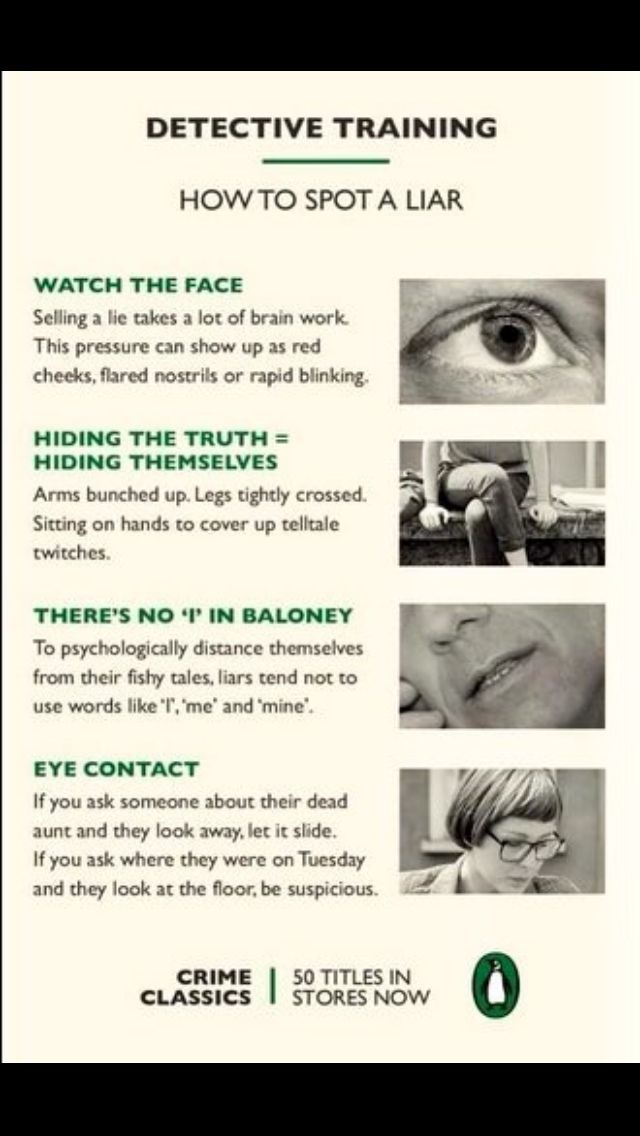 It lies in the subconscious fear that a loved one will choose someone else to build further relationships. The object of jealousy can be a loved one, friend or girlfriend, child, parents.
It lies in the subconscious fear that a loved one will choose someone else to build further relationships. The object of jealousy can be a loved one, friend or girlfriend, child, parents.
It would seem that it is not normal when you are afraid of losing the love of a person dear to you. But in our case, this fear is pathological and often unfounded.
Any phone call, polite communication, help to another person is perceived as cooling and a reason for increased suspicion, suspiciousness, and increased distrust towards a partner.
All these negative feelings accumulate and result in violent scenes with reproaches, claims, threats, ultimatums and tantrums. Life becomes a series of scandals and mental suffering that destroy relationships until you seriously think about how to stop being jealous of your husband or boyfriend and return happiness.
How to stop jealousy – tips for all time
If you can't cope with emotions, do not control words and actions caused by constant jealousy, then simple but effective tips will help you overcome this negative feeling. It will take tough self-control, patience and self-control so that advice on how to stop being jealous of your husband even for air leads to a practical result.
It will take tough self-control, patience and self-control so that advice on how to stop being jealous of your husband even for air leads to a practical result.
1. Show love.
Jealousy we experience only for those we love, which means that it is directly related to love. Express warm feelings for a dear person, take care, worry about him, support him in difficult times and rejoice at successes, spend time with him, share hobbies. Instead of mistrust, scandals, surveillance, reading his letters and browsing social media accounts, show love. Trust me, he will appreciate it. And from reproaches, claims, quarrels, it is worth holding back with all your might, so as not to lose your own dignity and not to humiliate a loved one.
If you don't know how to stop being jealous of your husband or boyfriend, then start with the basics and try to show him more love.
2. Tune in to the positive.
It is important to learn to think in a positive direction. Maybe the reason for another delay at work was an emergency meeting or a non-standard situation, and not a third party. Even if the suspicions are justified, then find the pluses in this. Life cannot be focused on one person. This means that this is not your person, and parting should be considered as a springboard for building new relationships, improving yourself, searching for and realizing new opportunities.
Maybe the reason for another delay at work was an emergency meeting or a non-standard situation, and not a third party. Even if the suspicions are justified, then find the pluses in this. Life cannot be focused on one person. This means that this is not your person, and parting should be considered as a springboard for building new relationships, improving yourself, searching for and realizing new opportunities.
3. Build trusting, frank relationships.
If the question of how to get rid of jealousy has acquired particular relevance, then start with a frank conversation. Without reproaches, suspicions, raising your voice, talk softly and delicately with your loved one, tell about your fears and feelings. Show that you are open to confidential communication, ready to listen to proposals, arguments relating to all aspects of life together.
A frank conversation can put an end to misunderstanding and mutual dissatisfaction.
4. Appreciate yourself.
If you want to find a magical way to stop being jealous of your husband or boyfriend, then learn that you are a unique person.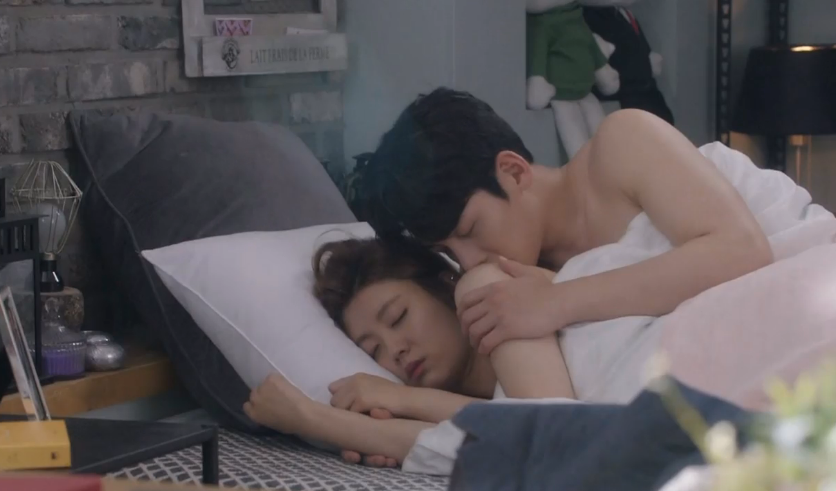 Don't compare yourself to someone else. You can lose in terms of external, mental abilities, the ability to tell interesting stories, cook, and repair a house in comparison with others. But there are a lot of virtues for which we are loved, valued and respected. It is important to accept and love yourself, to know your strengths and weaknesses, to appreciate your own uniqueness.
Don't compare yourself to someone else. You can lose in terms of external, mental abilities, the ability to tell interesting stories, cook, and repair a house in comparison with others. But there are a lot of virtues for which we are loved, valued and respected. It is important to accept and love yourself, to know your strengths and weaknesses, to appreciate your own uniqueness.
5. Don't follow your imagination.
If the imagination draws pictures of a terrible betrayal that poisons existence, then immediately get distracted. Find important things to do and do. Learn a foreign language, sign up for driving or fitness classes, go to the theater, attend a lecture or training, get a cat or a dog. Your head should be occupied with productive thoughts, and the day should be filled with necessary and interesting things.
Don't limit your life to personal relationships only, and then the problem of how to get rid of jealousy will lose its relevance - you simply won't have time to think about it.
Don't give jealousy a chance to destroy relationships
Constant jealousy exhausts emotionally both the jealous person and the object of his claims. She is able to destroy even those personal relationships that were built on sincere and tender feelings. Pathological jealousy, and not a rival or rival on the side, is a common cause of a breakup.
Destructive jealousy can put an end to strong friendships or family relationships, leads to destructive personality changes, a distorted perception of the world around and disappointment. Willpower, patience, a great desire to change your perception and our simple but effective tips on how to stop being jealous will help to extinguish this all-devouring fire.
Want to know what to do about it?
A jealous woman weakens her positions, because she secretly admits that her relationship with a man is not as strong as she would like, that she is worse than other women.
And this already speaks of low self-esteem and we know how to work with it
Talk to a psychologist
“I often cry for no reason.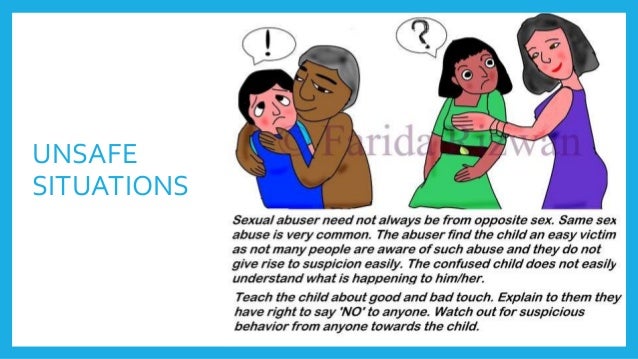 What to do when tears appear at the most inopportune moment - at work, on the street or in public places?
What to do when tears appear at the most inopportune moment - at work, on the street or in public places?
First of all, do not be afraid of such a reaction of the body. If your emotionality manifested itself suddenly, even attracted the attention of others - this is not the worst thing in life. You can handle everything. If for some reason you want to cry for no reason, there is a reason. She must be sought. But first of all, you need to calm down. Try the following techniques if you suddenly burst into tears:
-
Conversation.
Moral support for a loved one is a great way to cope with feelings, calm down and take a fresh look at what is happening. Sometimes a conversation with a stranger saves. You are not afraid of the reaction of loved ones, you simply express what worries you. Against the background of emotional unloading, sudden tears also pass.
-
Self-monitoring.
If you often overtake causeless tears, you will have to learn to control them.
This is not without initial effort. Do not try to drive bad thoughts away from yourself - there is little sense from this. It is better to consciously give yourself the installation to calm down. Take a deep breath several times, follow your breath, focus on it, get up, drink water, try to switch your attention to any object around - examine and tell yourself about it: what color it is, why it is here, etc. Your task is to switch your thoughts to something that does not cause you an obvious emotional reaction. Try to achieve complete muscle relaxation and redirect the flow of thoughts, this will help you calm down.
-
Medical assistance.
Any pharmacological drug must be taken as prescribed by a doctor. But you can also purchase a complex of vitamins on your own - despite the popular belief that causeless tears need to be “treated”, it does not hurt to do a simple prevention of them. Vitamins and mild sedatives are good if you often feel anxious or upset. No need to shy away from medical support, your nervous system needs the same care as other body systems.
-
Psychoanalyst help.
No need to be afraid of psychotherapists. Do you feel that it has become difficult for you to cope with the surging emotions? Or maybe causeless tears began to "attack" you very often? Book an appointment with a specialist. Your doctor can help you determine the cause of your increased emotionality. In the course of a simple conversation, you yourself will open your irritant to him. It is easier for a psychoanalyst to understand what provokes your condition. Unreasonable tears can occur against the background of regular nagging by the boss, inattention on the part of the husband or misunderstanding of children, or they can hide much more serious psychological disorders that are almost impossible to cope with on their own.
Only by understanding the causes of tearfulness, you can find the best way to solve such a problem. Learn to respond to failures in the body in time to avoid unforeseen emotional shocks. Take care of yourself. If your body gives a signal - it will be crying for no reason or other manifestations - do not let them past your attention. Your body will thank you.
Why we get jealous and how to stop it
November 8, 2022 Relationship
There are often no real reasons, so it is up to you to deal with the problem.
You can listen to the article. If you feel more comfortable, tune in to the podcast:
What causes jealousy
You are insecure
Licensed clinical psychologist Seth Meyers writes that people with low self-esteem can also feel insecure in relationships. They believe that they are not good enough to attract a partner and keep his interest over time.
You need to control everything
One partner worries about his place in the other's world. Perhaps, even in childhood, a person experienced a disturbing experience and now thinks that he cannot be trusted, because at any moment he can be preferred to another.
Anastasia Popova
Psychologist, systemic family psychotherapist of the Family Medical Center "Leib-Medic".
But this is not just anxiety. This is an attempt to control the actions of the other side. Fear of someone else's freedom and rebellion against it.
You are too strongly attached to a partner
Constant groundless jealousy may appear due to excessive attachment, when one cannot separate from the other and lives his life.
If you constantly interfere in the life of a companion, forbid meeting friends and spending time separately, the chances of destroying relationships are high. There is nothing wrong with a couple having common interests. But everyone should also have their own hobbies.
You project your own repressed desires onto your partner
Family psychotherapist Anastasia Popova notes that jealousy can arise due to the projection of one's own state and repressed sexual desires onto another person. Without admitting to ourselves, we want to go to the left, only now we attribute this to the satellite.
You have obsessive thinking
Jealousy can be the result of obsessive (obsessive) thinking. Psychologist Seth Meyers recalls the case of a patient who was jealous of partners in all her relationships. She also had some signs of obsessive-compulsive disorder. When her husband came home late, lingered, she could not put up with not knowing what and where he was doing. Therefore, I filled in the gaps and thought out myself. I took the facts out of my head, and then I was jealous and worried. She herself created disturbing thoughts and reasons for excitement when faced with the most terrible circumstance for this type of people: unknown .
Also, according to the expert, jealousy can be caused by a person's general paranoid state.
There is a real reason for jealousy
Perhaps the most logical reason: there really is a reasonable reason for jealousy. Maybe this is an unambiguous correspondence with another or another, not yet forgotten betrayal or irrefutable evidence of infidelity.
How to stop being jealous
Accept and examine your thoughts
Robert Leahy, Ph.D., professor at Yale University, former president of the Association for Behavioral and Cognitive Therapy, the Academy of Cognitive Therapy, and the International Association for Cognitive Psychotherapy, recommends that in the midst of jealousy, stop, exhale and pay attention to your thoughts.
Do they reflect the reality? If you think that a partner is interested in someone other than you, this does not mean that they are. You must understand that thoughts and reality are different things.
Do not give in to feelings of jealousy
Anger and anxiety can increase if you begin to dwell on them. You need to accept your emotions and let them be. You don't have to "get rid of the feelings," but if you approach observing your experiences consciously, it will help to ease them.
Understand that uncertainty is part of any relationship
We are looking for certainties: “I need to know that she / he is not interested in you” or “I want to know that we will not part and be together. ” Dr. Leahy writes that some are even ready to end the relationship before they think the other does.
” Dr. Leahy writes that some are even ready to end the relationship before they think the other does.
Robert Leahy
Uncertainty is part of life. This is something we cannot do anything about.
It is impossible to know for sure whether your partner will leave you or not. But with your accusations and reproaches, you can create a self-fulfilling prophecy.
Understand your conjectures
Jealousy can be fueled by unrealistic beliefs: past relationships of a loved one threaten your union, you have nothing to offer a partner, this relationship will repeat a bad experience with another or another. Often this is nothing more than speculation that has nothing to do with reality.
Find effective ways to build relationships
“Instead of relying on jealousy, find another way to make the union safer,” advises Robert Leahy. For example, pay attention when your partner does something good, praise each other, refrain from criticism and sarcasm, or make a list of simple and pleasant things that would please each of you.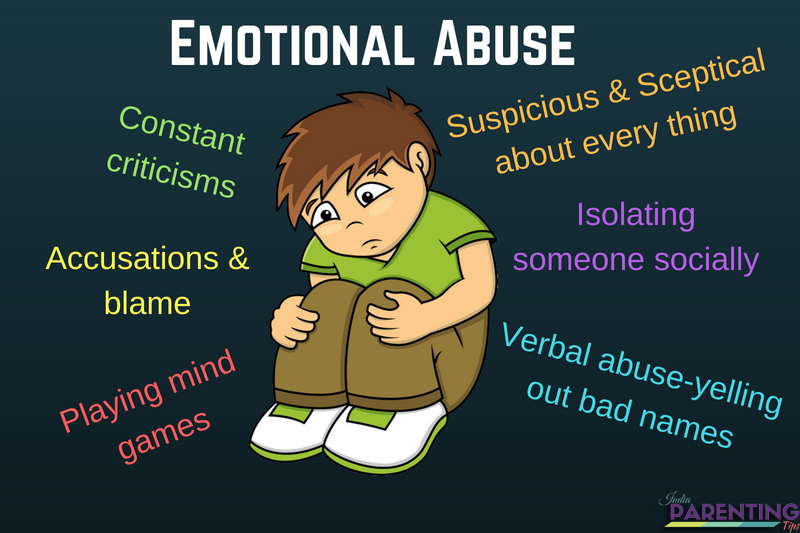
Take care of yourself
We must not forget about our development. Find a hobby, play a sport, or take a yoga class. Do not deprive yourself and your beloved of freedom and personal space.
Show gratitude instead of jealousy
To a certain extent, jealousy is normal in a relationship. But only as long as it strengthens them, and does not destroy them.
Anastasia Popova
It is useful to remember that besides me, a wonderful miracle, my partner has many other people in his life who can take my place. And that he or she chooses and prefers me over someone else.
A good alternative to jealousy is gratitude for choosing you, for being together. You can’t save a relationship with jealousy, but with gratitude it can work out.
Build up trust
Oleg Ivanov
Psychologist, conflictologist, head of the Center for Settlement of Social Conflicts.
Jealousy is usually "cured" by trust. If you do not trust your partner, be sure to talk to him about it.




